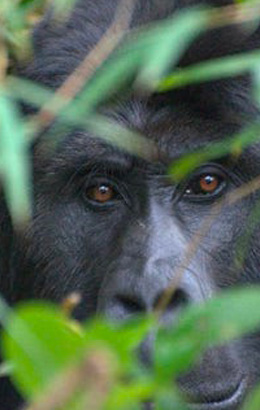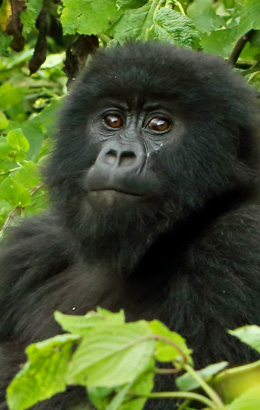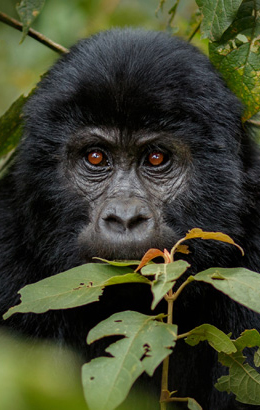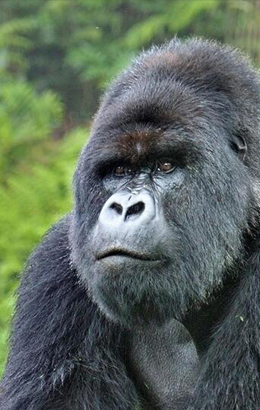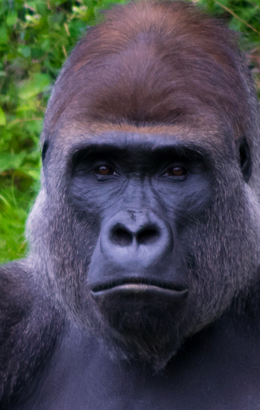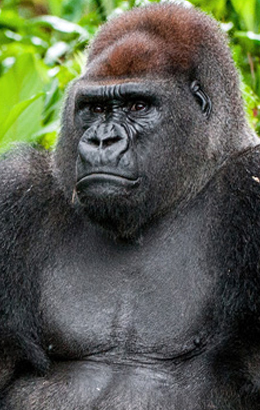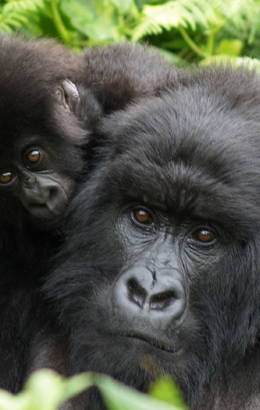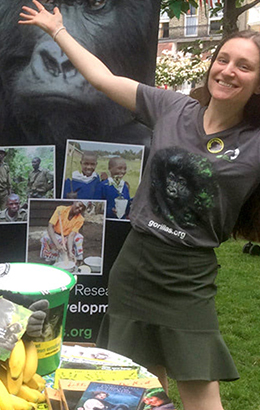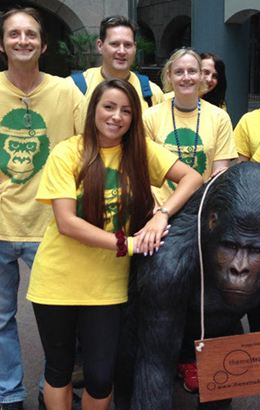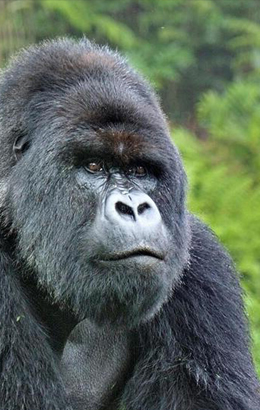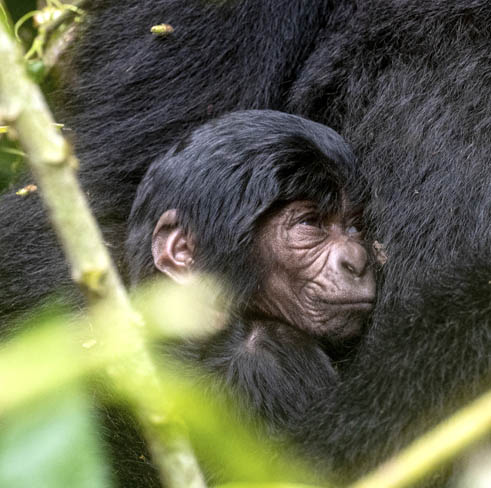Ebola could decimate wild gorilla populations, report warns
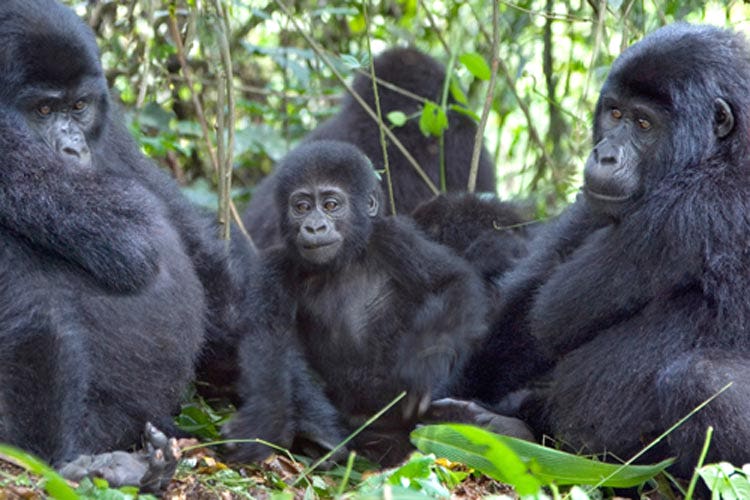
Western lowland gorilla populations could be decimated should the current Ebola outbreak sweeping parts of West Africa spread eastwards, scientists have warned.
A new study carried out by a team of international researchers looked at past outbreaks of the Ebola virus, including several that occurred in DR Congo, home to three of the four sub-species of gorilla.
Publishing their findings in the Journal of Animal Ecology, the team note that the virus has decimated gorillas living in the wild as well as groups living in sanctuaries. Indeed, according to their best estimates, a major outbreak of the virus could see the global western lowland gorilla population reduced by 45 per cent in a single generation, pushing a species even closer to the brink of extinction.
Moreover, the study also found evidence to suggest that, as well as having a detrimental affect on gorilla health, Ebola can also disrupt group dynamics, with infected individuals ostracised and reproductive patterns disrupted.
“Along with the decrease in survival and in reproduction, Ebola outbreaks perturbed social dynamics in gorilla populations,” explains Dr Pascaline Le Gouar of the University of Rennes who led the international study.
“During outbreak, transfers of both males and females between social units increased. Some adult females have been observed transferring to non-breeding groups, which is unusual in non-affected populations,” she added.
This is just the latest in a long line of studies highlighting the dangers posed to gorillas by diseases that also affect humans. Given that gorillas and humans share more than 99 per cent of the same DNA, reducing levels of human-gorilla interaction remains a key aim of conservation efforts, with a key means of achieving this helping reduce the need for communities to encroach on the great apes’ habitat for food and fuel.
